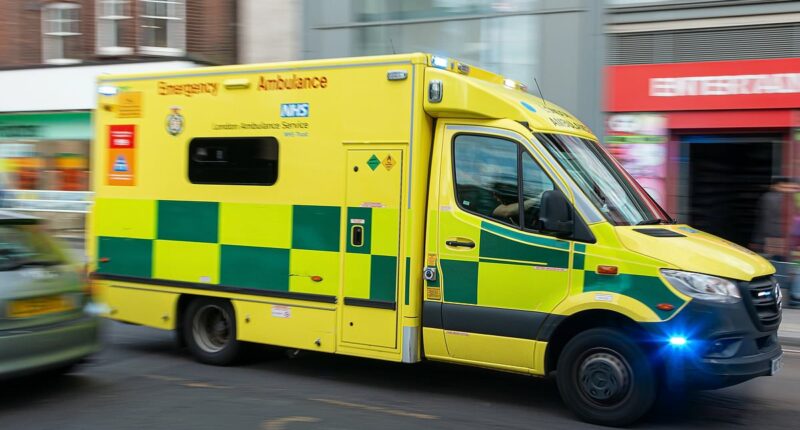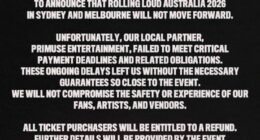Share this @internewscast.com
Long waits for an ambulance have put stroke patients’ recovery at risk as a growing number are making their own way to hospital, a report warns.
The Stroke Association indicates that paramedics are informed about which hospitals have stroke clinics, so patients who call 999 are more likely to receive specialized treatment.
The charity acknowledges concerns about ambulance response times but emphasizes that an emergency vehicle remains the quickest and most effective way to ensure stroke patients receive the best care and treatment.
A stroke occurs when the blood supply to part of the brain is cut off and it is classed as a medical emergency.
Certain treatments can reduce the risk of death and long-term disability if they are delivered in a timely way.
However, a new analysis by the Stroke Association reveals that every 22 minutes, a stroke patient independently goes to A&E instead of using an ambulance, across England, Wales, and Northern Ireland.
Overall, 26.8 percent of stroke patients—approximately 23,491 individuals—reported organizing their own transportation to the hospital in 2024/25, according to the Sentinel Stroke National Audit Programme.
It is the highest number since the stroke audit began more than a decade ago.
The figure has been steadily rising over the last few years, standing at just 19.4 per cent in 2020/21.
Reaching these specialized clinics is crucial as it increases the chances of timely treatment, including procedures like thrombectomy (to remove blood clots causing strokes) and expedited brain scans, which can be organized even before an ambulance arrives at the hospital.
Patients can also be directly admitted to an acute stroke unit, which has been demonstrated to enhance their chances of survival and improve recovery prospects for stroke sufferers.
The charity highlighted how timely treatment is essential to increase the chances of a patient surviving a stroke and to minimise brain damage which can leave stroke survivors unable to move, see, speak or swallow.
Professor Deb Lowe, medical director of the Stroke Association, said: ‘Stroke is a medical emergency so anyone who is experiencing symptoms should call 999 and wait for an ambulance.
‘We have long supported the NHS’s Fast campaign which highlights the most common symptoms of stroke – facial drooping, arm weakness, slurred speech – as that’s when it is time to call 999.
‘Even with the undeniable pressures the NHS is experiencing, we stand firm on that advice as it is the best way to get rapid and evidence-based care.’
She added: ‘The UK’s population is ageing rapidly and we’re expecting the number of people having strokes every year to rise by 50 per cent to 151,000 by 2035.

Professor Deb Lowe, medical director of the Stroke Association
‘It is vital each and every person affected by stroke gets the treatment they need as quickly as possible.
‘We do understand people’s concerns about long ambulance waits but, in most cases, it’s still the fastest and most efficient way to get the best treatment and care for stroke.
‘This is especially pertinent when supported by technologies, such as prehospital video triage, which can help diagnose stroke on the road to a specialist stroke unit.
‘Getting to the right place for rapid and effective treatment can make the difference between a stroke patient walking out of hospital or leaving in a wheelchair.’
The charity pointed out that in July, the average ambulance response time for category 2 calls, which includes stroke, was 28 minutes and 40 seconds – within the current 30-minute target.
And it said that ambulance handover times – how long a patient waits in an ambulance before being taken into hospital – have been decreasing in recent months, though the average is still above the 15 minute target.













